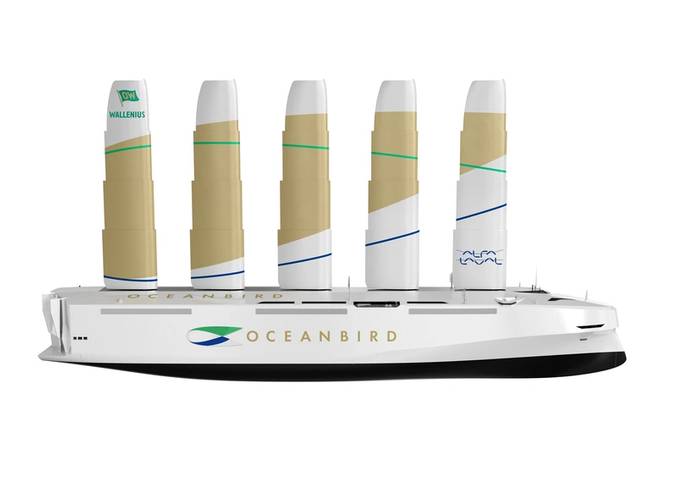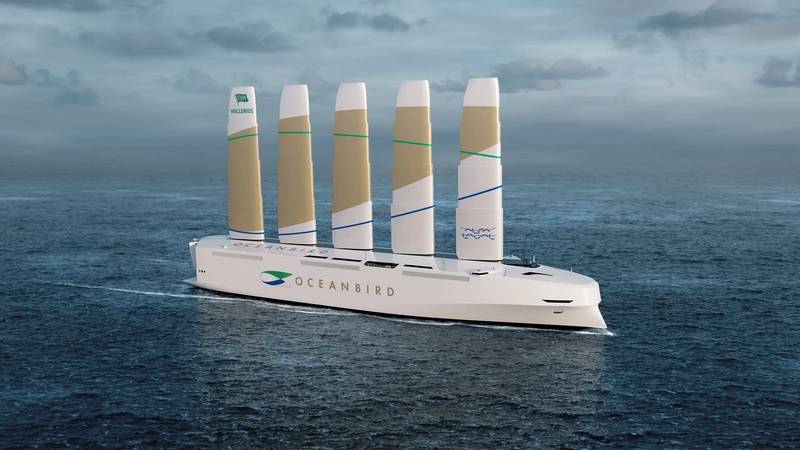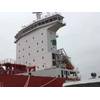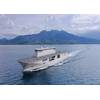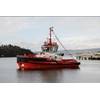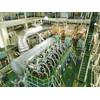AlfaWall Oceanbird, a JV to Develop Wind Propulsion for Ships
As the maritime industry strives toward 2050 and strict new emission regulations, driving toward decarbonization, a number of 'future fuels' are emerging that show promise. It is generally agreed that a solution will not be born in a vacuum, with collaboration being the key to meaningful movement.
In that regard, this morning, two maritime power players -- Alfa Lava and Wallenius -- announced their intent to form a new 50/50 joint venture called AlfaWall Oceanbird that will focus on the development and realization of technology for fully wind-powered vessel propulsion.
The long-tenured companies have collaborated previously on PureBallast, which is one of today’s leading solutions for ballast water treatment. Through AlfaWall Oceanbird, they will pursue an innovative means of wind propulsion based on telescopic wing sails. This solution could reduce emissions by 90% on the largest ocean-going vessels.
“Wind has a key role to play in decarbonizing the marine industry,” saidPeter Nielsen, Business Unit President, Alfa Laval Marine Division. “Together with Wallenius, we will harness this abundant natural force to meet both climate needs and those of maritime business.”
“Oceanbird wing sail technology will be not only an elegant solution, but also a powerful driver of positive change,” said Per Tunell, COO Wallenius Marine and future Managing Director of AlfaWall Oceanbird. “Our vision at Wallenius is to lead the way towards truly sustainable shipping, and we are proud to partner with Alfa Laval in reaching it.”
 “Together with Wallenius, we will harness this abundant natural force to meet both climate needs and those of maritime business,” said Peter Nielsen, Business Unit President at Alfa Laval. Photo courtesy Alfa Laval
“Together with Wallenius, we will harness this abundant natural force to meet both climate needs and those of maritime business,” said Peter Nielsen, Business Unit President at Alfa Laval. Photo courtesy Alfa Laval
Wings on the Water
Though designed for wind propulsion, the Oceanbird technology has more in common with modern planes, as it comprises an array of rigid wing sails built from steel and composites, designed to generate forward movement instead of vertical lift. Unlike modern airplanes, the Oceanbird wing sails will be able to turn 360° to make optimal use of the wind.
While the tech is intended for any vessel type, the plan as it stands is to implement it first on a 200m transatlantic car carrier, which will be designed to carry 7,000 cars and able to cross the Atlantic in 12 days sailing at an average speed of 10 knots. AlfaWall Oceanbird will focus primarily on the vessel’s technical sailing aspects, such as the vessel control system that will steer the wing sail operation.
“The wing sails are up to 80 metres tall and have a telescopic construction,” said Nielsen. “Besides adjusting to catch the wind, they can be lowered to pass under bridges, to handle harsh weather conditions or for maintenance. Because they will interact with the hull in a sophisticated way, they will also require intelligent control.”
“We cannot wait until the end of the century to phase out fossil fuels,” says Tunell. “We must create realistic alternatives, including the infrastructure for delivering and supporting them. Wallenius is committed to wind propulsion."
 “We cannot wait until the end of the century to phase out fossil fuels. We must create realistic alternatives, including the infrastructure for delivering and supporting them. Wallenius is committed to wind propulsion."Per Tunell, COO at Wallenius Marine. Photo courtesy Wallenius Marine
“We cannot wait until the end of the century to phase out fossil fuels. We must create realistic alternatives, including the infrastructure for delivering and supporting them. Wallenius is committed to wind propulsion."Per Tunell, COO at Wallenius Marine. Photo courtesy Wallenius Marine
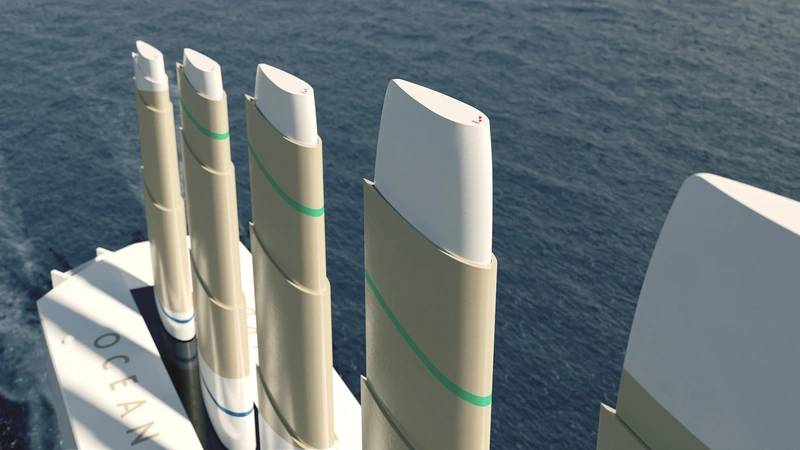 AlfaWall Oceanbird, they will pursue an innovative means of wind propulsion based on telescopic wing sails. Image courtesy Alfa Laval/Wallenius Marine
AlfaWall Oceanbird, they will pursue an innovative means of wind propulsion based on telescopic wing sails. Image courtesy Alfa Laval/Wallenius Marine




